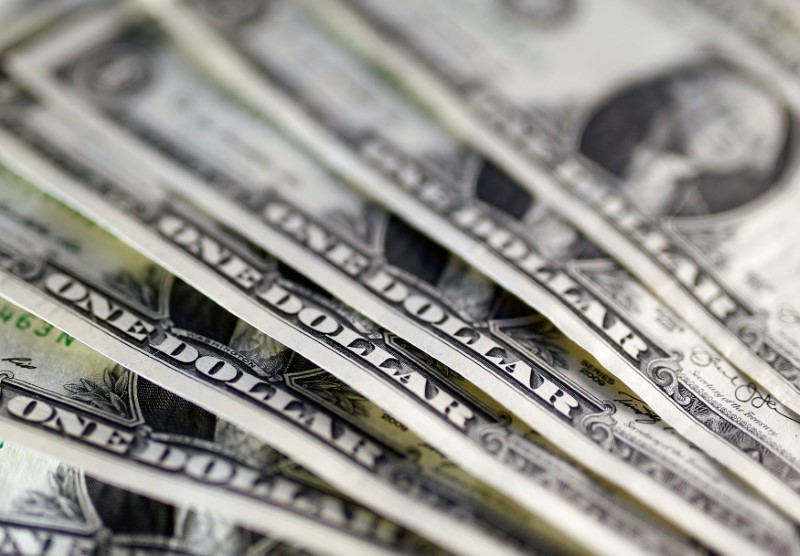
Markets were also antsy before central bank meetings in Japan and Australia next week, which are expected to potentially offer more hawkish signals to currency markets.
The dollar index and dollar index futures rose 0.1% each in Asian trade, sitting comfortably above the 103 level after producer price index data read stronger-than-expected for February.
The reading came on the heels of stronger-than-expected consumer price index data released earlier this week, which also showed inflation moving further away from the Federal Reserve’s 2% annual target.
The higher inflation readings came just before a Fed meeting next week, where the central bank is widely expected to keep interest rates unchanged.
But the Fed could now potentially offer up a more hawkish stance on rates, given that it has repeatedly signaled that any rate cuts in 2024 will be largely dictated by the path of inflation.
Traders were seen trimming their expectations for an interest rate cut in June and pushing up expectations for a hold, according to the CME Fedwatch tool.
The prospect of higher-for-longer interest rates weighed on broader Asian currencies.
The Japanese yen moved little on Friday and was set to lose 0.8% this week amid growing speculation over an upcoming Bank of Japan meeting next week.
The central bank is widely expected to end its negative interest rate and yield curve control policies in the coming months, with analysts split over a decision being made in March or April.
The BOJ could potentially hike interest rates for the first time in nearly 17 years next week, especially as Japanese inflation remained sticky in February, while recent negotiations over Japanese wages pointed to bumper increases in 2024. Both factors are key considerations for the BOJ in tightening policy.
Among other Asian units, the Australian dollar fell 0.2%, with the Reserve Bank of Australia largely expected to maintain its hawkish tilt next week.
The Chinese yuan fell 0.1% as the People’s Bank of China left its medium-term lending rates unchanged, heralding no changes to its loan prime rate next week. But weak house prices data pointed to continued pressure on the Chinese economy.
The South Korean won slid 0.5%, facing pressure from a stronger U.S. dollar, while the Singapore dollar fell 0.1%.
The Indian rupee nursed steep losses from Thursday, and was trading at 82.9 to the dollar in morning trade.
To read the full article, Click Here
